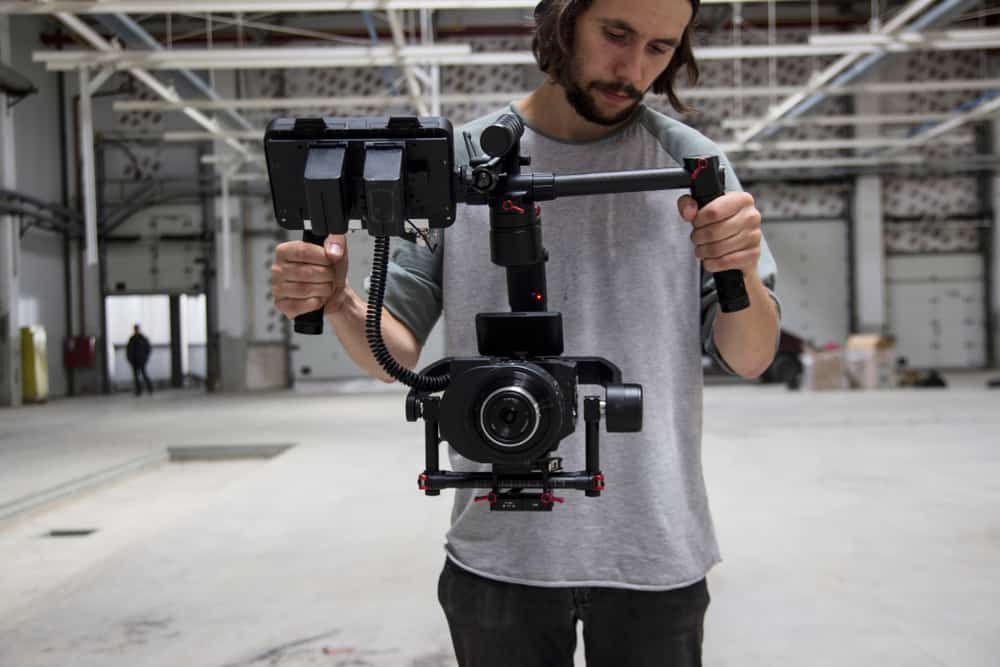The proper name for a cameraman (or camerawoman, as the case may be) is camera operator. As their name suggests, they are the physical shooters of a movie, responsible for utilizing a camera and its corresponding equipment to record and capture all aspects of a scene.
On lower budget films, the line between a cameraman and what’s called a cinematographer can blur, with one person wearing two hats. From a professional standpoint, a cinematographer is more of an artist who collaborates with the director to create a mood and aesthetic for the film that best suits the director’s overall creative vision.
The camera operator on the other hand, technically executes the camera, lighting, lens, filters and other equipment in order to achieve the look and feel the director and cinematographer have worked out for the film.
So let’s break this down into the steps required for proper camera operation…
